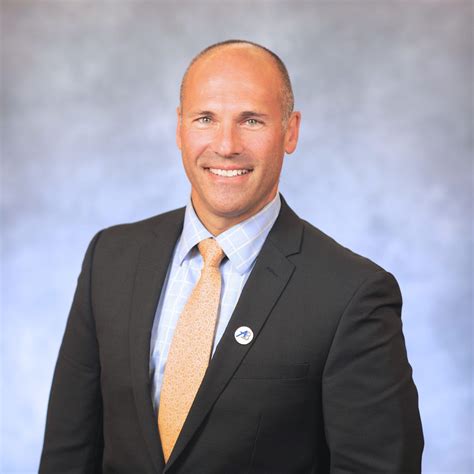A Quote by Michael Arrington
I am a partner at CrunchFund, a venture capital firm with investments in many startups around the world. I am also a limited partner in many other venture funds which have their own startup investments.
Related Quotes
I want to open up investment even further so over the summer we'll launch a consultation on indirect investments in social enterprises - including exploring the possibility of a new scheme based on the success of venture capital trusts which will enable investors to pool their funds to support a variety of social enterprises.
There's nothing wrong with raising venture capital. Many lean startups are ambitious and are able to deploy large amounts of capital. What differentiates them is their disciplined approach to determining when to spend money: after the fundamental elements of the business model have been empirically validated.
A realistic definition of risk recognizes the potential loss of capital through inflation and taxes, and would include at least the following two factors: The probability that the investment you chose will preserve your capital over the time you intend to invest your funds. The probability the investments you select will outperform alternative investments for this period.
State funds, private equity, venture capital, and institutional lending all have their role in the lifecycle of a high tech startup, but angel capital is crucial for first-time entrepreneurs. Angel investors provide more than just cash; they bring years of expertise as both founders of businesses and as seasoned investors.
I was encouraged to break all the rules but to take the best of philanthropy, the best of investing, and the best of development finance, and experiment with new ways to create this venture capital model of using philanthropy to back patient capital investments, and then build solutions that were measured in terms of the kind of impact and change they were making on people's lives and in the world, not just on the financial return.



































